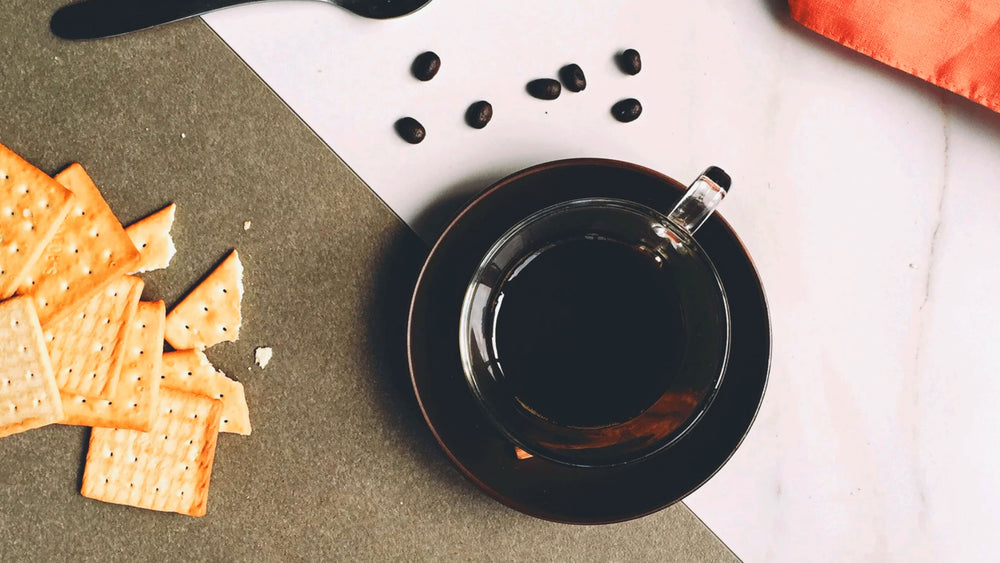Espresso is more than just a quick caffeine fix; it is a complex beverage that embodies the art and science of coffee brewing. Understanding the anatomy of an espresso shot can enhance your appreciation and skills in crafting the perfect cup. This article delves into the essential components that contribute to a well-extracted espresso shot.

The Components of an Espresso Shot
The anatomy of an espresso shot can be broken down into several key components:
- Grind Size: The grind size of the coffee beans plays a crucial role in extraction. A fine grind is typically used for espresso.
- Water Temperature: Ideal brewing temperature ranges from 190°F to 205°F, affecting flavor extraction.
- Pressure: Espresso is brewed under high pressure, usually around 9 bars, which is essential for creating the characteristic crema.
- Extraction Time: The optimal extraction time is generally between 25 to 30 seconds.
Understanding the Extraction Process
During the extraction process, water interacts with the coffee grounds, dissolving oils and soluble compounds. This is where the magic happens. But what exactly occurs during this phase? The following stages are critical:
- Pre-infusion: A brief period where water saturates the coffee grounds, allowing for even extraction.
- Full Extraction: Water is forced through the coffee at high pressure, extracting flavors and aromas.
- Crema Formation: The emulsification of oils and gases creates a rich, golden layer on top of the espresso.
"The perfect espresso shot is a balance of art and science, where every variable plays a role in the final outcome." – Coffee Expert
Factors Influencing the Quality of Espresso
Several factors can influence the quality of your espresso shot. These include:
- Freshness of Beans: Freshly roasted beans yield better flavors.
- Equipment Quality: High-quality espresso machines provide consistent results.
- Barista Technique: Skillful tamping and dosing are essential for optimal extraction.
Conclusion: Mastering the Anatomy of an Espresso Shot
In conclusion, mastering the anatomy of an espresso shot involves understanding the interplay of various elements. By paying attention to grind size, water temperature, pressure, and extraction time, you can significantly improve your espresso-making skills. Whether you are a home barista or a coffee shop professional, these insights will help you achieve the perfect pull every time.
For those looking to enhance their espresso experience, consider investing in high-quality equipment such as the Breville Barista Express Espresso Machine. This machine is designed to help you achieve the perfect espresso shot with ease.
Additionally, check out this informative video on how to pull the perfect espresso shot for practical tips and techniques.
References









